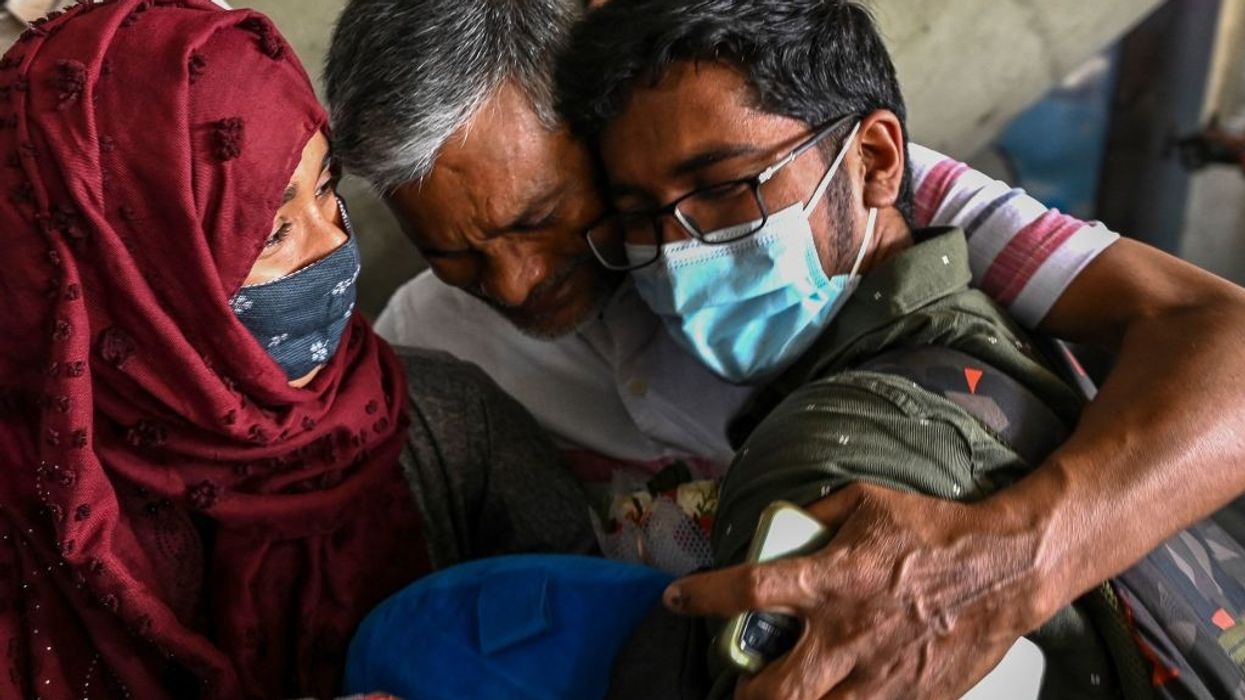RUSSIA has praised India's "independent and balanced" position after Delhi abstained from a UN Security Council vote that deplored Moscow's "aggression" against Ukraine.
India, along with China and the UAE, did not vote on the resolution Friday (25), a move in line with the fine balance Delhi has sought to strike between partnerships with Moscow and Western allies.
The Russian embassy in India welcomed India's stand on Saturday (26).
"Highly appreciate India's independent and balanced position at the voting in the UNSC," it said on Twitter.
"In the spirit of the special and privileged strategic partnership, Russia is committed to maintain close dialogue with India on the situation around Ukraine."
Despite being the world's largest democracy and a member of the "Quad" grouping with Australia, Japan and the US, India has neither explicitly condemned Moscow's actions, nor called them an invasion so far.
New Delhi and Moscow were close throughout the Cold War, a relationship that endures to this day, and Russia continues to be India's biggest arms supplier.
The US has been in discussions with India over its position on Ukraine, and on Saturday it urged Delhi to use its influence with Russia to "protect the rules-based international order".
"India and Russia have a relationship, including in the defence and security sector, that we don't have," US state department spokesman Ned Price told reporters.
"We have asked every country that has a relationship and certainly those countries that have leverage to use that leverage in a constructive way."
Since the assault, Indian prime minister Narendra Modi has spoken with both Ukrainian president Volodymyr Zelensky and Russia's Vladimir Putin, expressing concern over the violence.
Critics have been forthright in condemning India's balancing act.
"India's careful, avoid angering Putin at all costs response despite Russia's blatant aggression vs Ukraine highlights that it remains unprepared to step up to major power responsibilities or be a dependable partner," foreign relations expert Richard Haass tweeted.
"Disappointing as well as short-sighted given rise of China."
The diplomatic frenzy comes as India embarks on an air evacuation exercise for thousands of its students stranded in Ukraine after the Russian assault on the capital Kyiv and other cities.
On Saturday, the first batch of some 200 Indian students that arrived on a special flight expressed relief and joy after touchdown in Mumbai.
"I was in Chernovitsky city which is in the west of Ukraine so it was considered safest but a town near us got bombed and we were scared if we were the next to be bombed," said Rutuja Kamble, a medical student.
(AFP)





